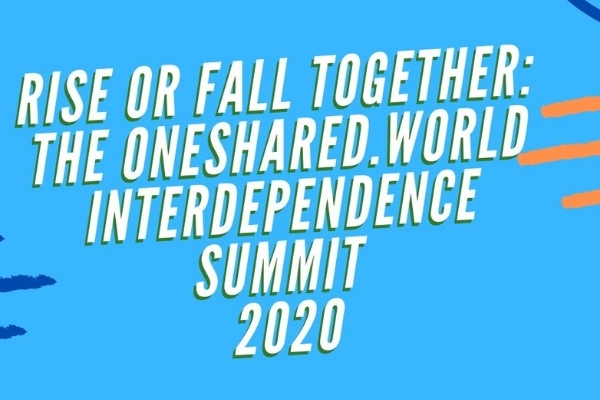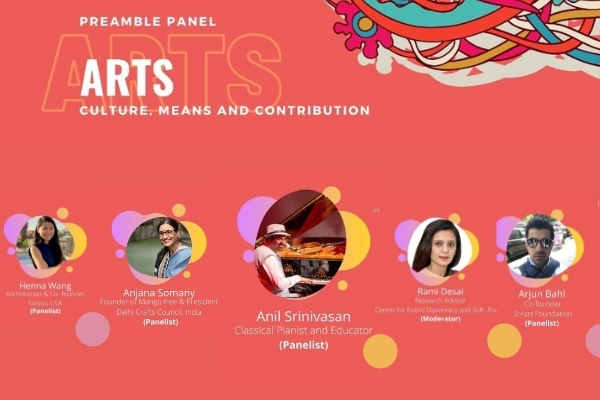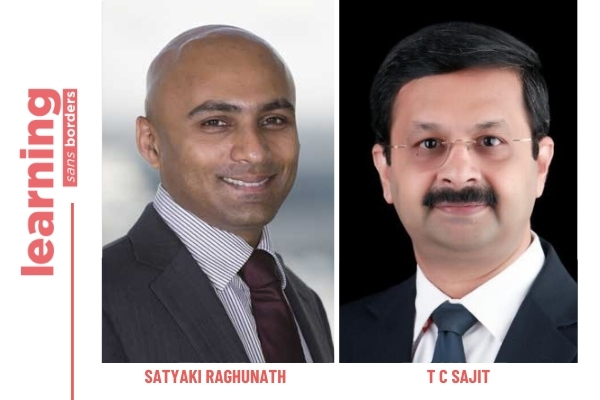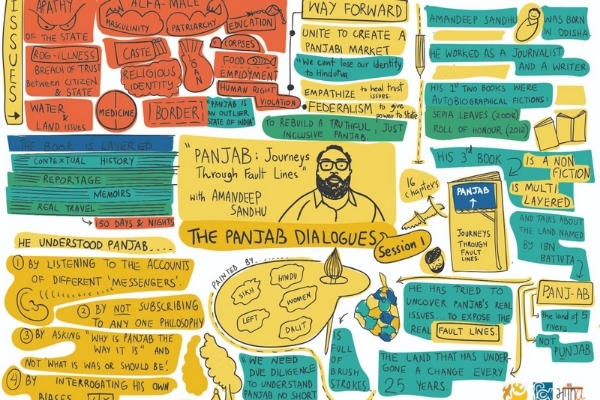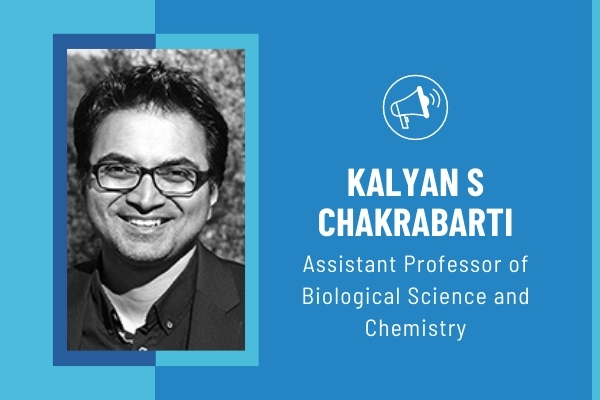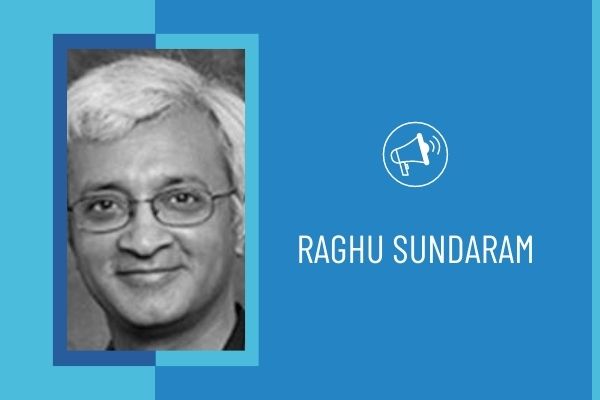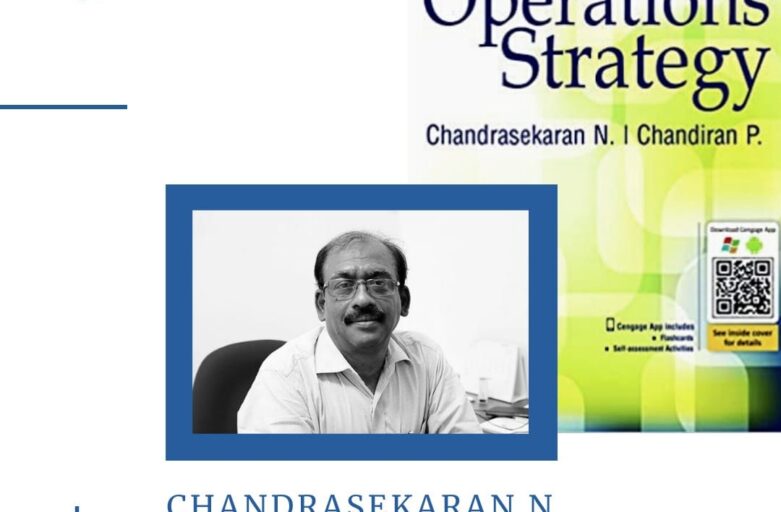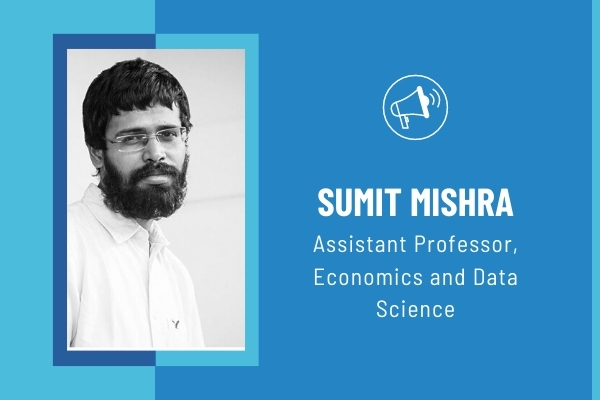Krea University is delighted to welcome Prof Raghu Sundaram to the Academic Council.
Raghu Sundaram is Dean of New York University’s Leonard N. Stern School of Business, where he is also the Edward I. Altman Professor of Credit and Debt Markets and Professor of Finance. He previously served as Vice Dean for MBA Programs and Online Learning for two years.
Raghu works in many areas of finance including agency problems, executive compensation, corporate finance, derivatives pricing, and credit risk and credit derivatives. He has also published extensively in mathematical economics, decision theory, and game theory. His research has appeared in leading academic journals in finance and economic theory, as well as in several practitioner-oriented journals. He is the author of two books: A First Course in Optimization Theory (Cambridge University Press, 1996) and Derivatives: Principles and Practice (McGraw-Hill, 2010).
On joining Krea University as an Academic Council member, Raghu said, “In today’s change driven world, it’s important to adapt, evolve and experiment. Along with my eminent colleagues in the Council, I envision a more vibrant and globally relevant learning experience at Krea which in turn empowers graduates to lead the change.”
Raghu has taught courses across Stern’s Undergraduate, MBA, PhD, and Executive Education programs. Of all the awards he has received over the years, he is most proud of being the inaugural recipient of Stern’s Distinguished Teaching Award in 2007. He has a long record of service to the School and the University, including as chair of the University’s Faculty Senators Council and as a member of NYU’s Presidential Search Committee in 2014.
As Dean and Vice Dean, Raghu has led the launch of multiple new degree programs, including two one-year MBA programs, a number of specialized master’s programs, and the extension of the School’s New York City-based Executive MBA program to Washington, DC. He initiated and has overseen Stern’s entry into online education and the establishment of several new, high-profile initiatives at the intersection of entrepreneurship and technology, notably the Endless Frontier Labs. He also established the School’s first Office of Diversity and Inclusion.
Prior to joining NYU Stern in 1996, Raghu was on the faculty of the University of Rochester from 1988-96. He holds a BA in Economics from the University of Madras, India, an MBA from the Indian Institute of Management, Ahmedabad, and a PhD in economics from Cornell University.
Media Mentions- https://bloncampus.thehindubusinessline.com/b-school-corner/dean-of-nyu-stern-joins-krea-university-academic-council/article32487710.ece
